As parents age, it becomes more important for their children or another trusted adult to start helping them with their finances and their legal documents, especially an estate plan. In “Six tips for managing an elderly parent’s finances,” ABC7 On Your Side presents the important tasks that need to be done.
Make sure the family knows where important personal and financial documents are in an emergency. Start with a list that includes:
- Bank, brokerage and credit card statements
- Original wills, trusts, powers of attorney, healthcare directive and living will
- Insurance policies
- Social Security information
- Pension records
- Medicare information
They’ll need a list of all accounts, safe deposit boxes, financial institutions and contact information for their estate planning attorney, CPA and financial advisors. Even if they don’t want to share this information until an emergency occurs, make sure it is somewhere a family member can find it easily.
Set up direct deposit for any incoming funds. Automating the deposit of pension and benefit checks is far more secure and convenient for everyone. This prevents a delay in funds being deposited and checks can’t be stolen in the mail or lost at home.
Set up automatic bill payment or at least online bill payment. Making these payments automatic will save a lot of time and energy for all concerned. If your parents are not comfortable with an automatic payment, and many are not, try setting up the accounts so they can be paid online. Work with your parents, so they are comfortable with doing this. They will appreciate how much easier it is and saving themselves a trip to the post office.
Have a “Durable Power of Attorney” prepared. This is a legal document prepared by an estate planning attorney that gives one or more people the legal authority to handle finances or other matters, if they become mentally or physically incapacitated.
Have a “Living Will” and a “Healthcare Power of Attorney” prepared. The Healthcare Power of Attorney allows a person to make health care decisions for another person, if they are mentally or physically incapacitated. The Living Will allows a person to express their wishes about end-of-life care, if they are terminally ill and unable to express their wishes.
Take precautions to guard against fraud. Seniors are the chief targets of many scams, for two reasons. If they have any kind of cognitive decline, no matter how slight, they are more likely to comply with a person posing as an authority figure. They have a lifetime of assets and are a “rich” target.
An estate planning attorney can work with your parents to assist in preparing an estate plan and advising the family on how to help their parents as they age. Most estate planning attorneys have access to a large network of related service providers.
Reference: ABC7 On Your Side (Sep. 5, 2019) “Six tips for managing an elderly parent’s finances,”


